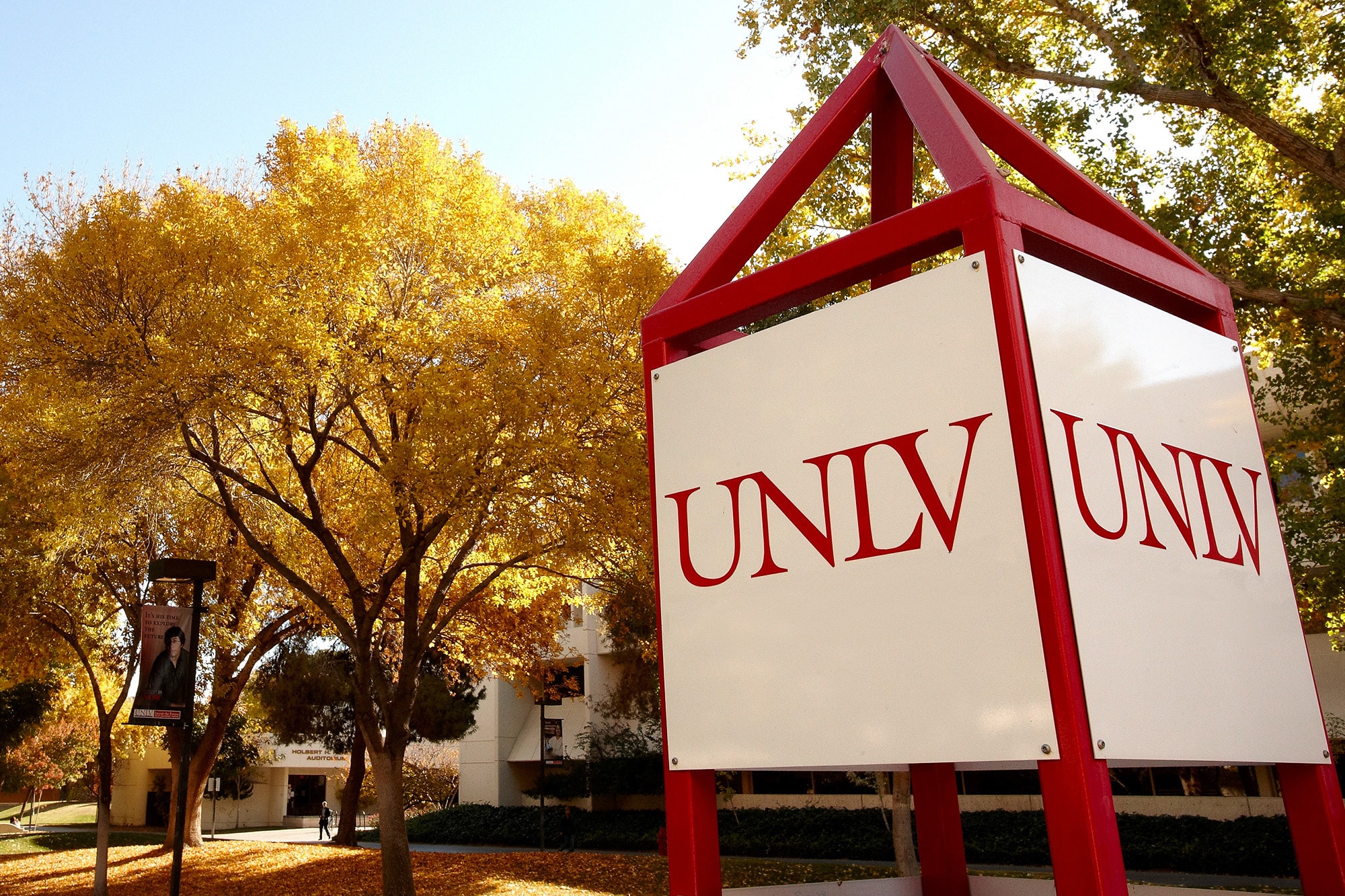New research being conducted at UNLV may explain whether certain cellular mechanisms enhance the generation of genetic diversity, including both beneficial and harmful mutations. The study may also provide insight to the generation of cancer as well as cell aging and growth in conditions of stress.
The National Institutes of Health (NIH) recently awarded Eduardo Robleto, UNLV assistant professor of life sciences, a $222,000 grant to investigate whether the presence of the gene mfd, or mutation frequency decline, increases the rate of mutation through increases in transcription in Bacillus subtilis - a common bacterium used in laboratory studies for its amenability to genetic manipulation. Robleto suspects that in nutrient-deficient conditions, such as amino acid starvation, the level of and mistakes in DNA transcription correlates to an increased accumulation of mutation. These two transcription features may be affected by mfd, which would provide a direct connection between mfd and mutation.
During the three-year project, Robleto and a team of undergraduate students will conduct experiments to test this hypothesis. First, Robleto will manipulate transcription levels in Bacillus subtilis during its stationary phase - or the phase during which cell growth slows or stops because of nutrient depletion - ?and then measure the transcription and mutation rates in cells containing mfd and those that are mfd-deficient.
Second, Robleto and his team will investigate whether mfd, which typically aids in the repair of DNA damage, facilitates a process called transcriptional bypass, which could lead to genetic mutation in cells in stationary culture.
"This research could help explain how beneficial mutations occur in some organisms and tumors occur in others," said Robleto. "The results are crucial to our understanding of evolutionary processes and may someday lead to strategies that could regulate cancers and other developmental diseases."
Although Robleto's research is being done on bacteria, transcription-associated mutagenesis and the mfd-like gene in humans have been suspected in the generation of mutations in p53, a gene commonly associated with a variety of cancers in humans.
Previously, Robleto and a team of researchers from UNLV and the University of Guanajuato in Mexico demonstrated that the absence of mfd had a depressive effect on the ability of cells to accumulate mutations during stationary phase. Those results were published in the November 2006 issue of the Journal of Bacteriology.
Other UNLV researchers involved in the project include Ron Yasbin, co-principal investigator and dean of UNLV's College of Sciences.



